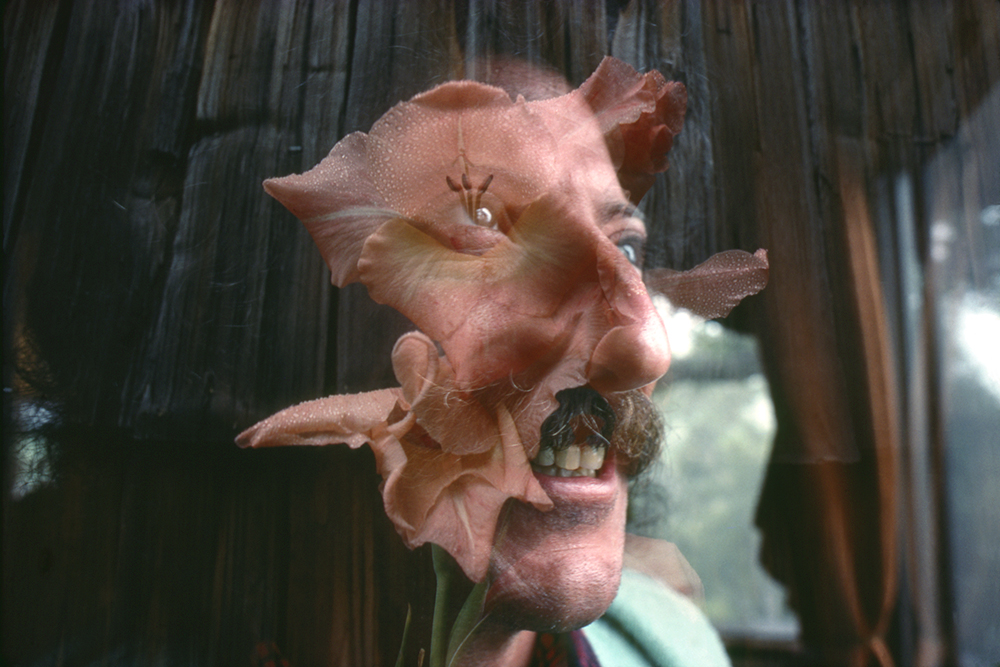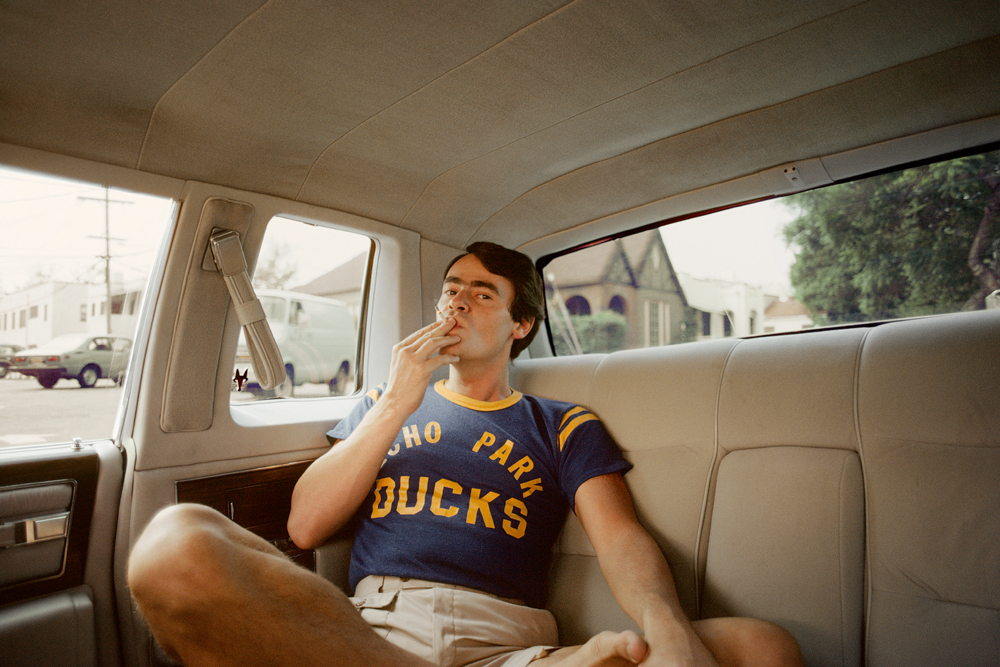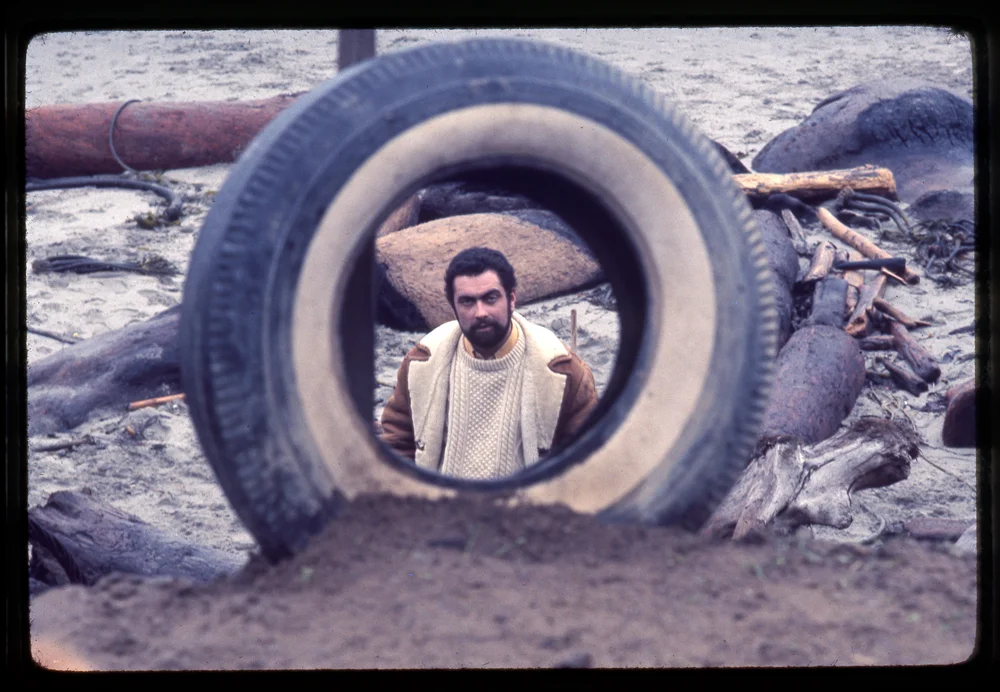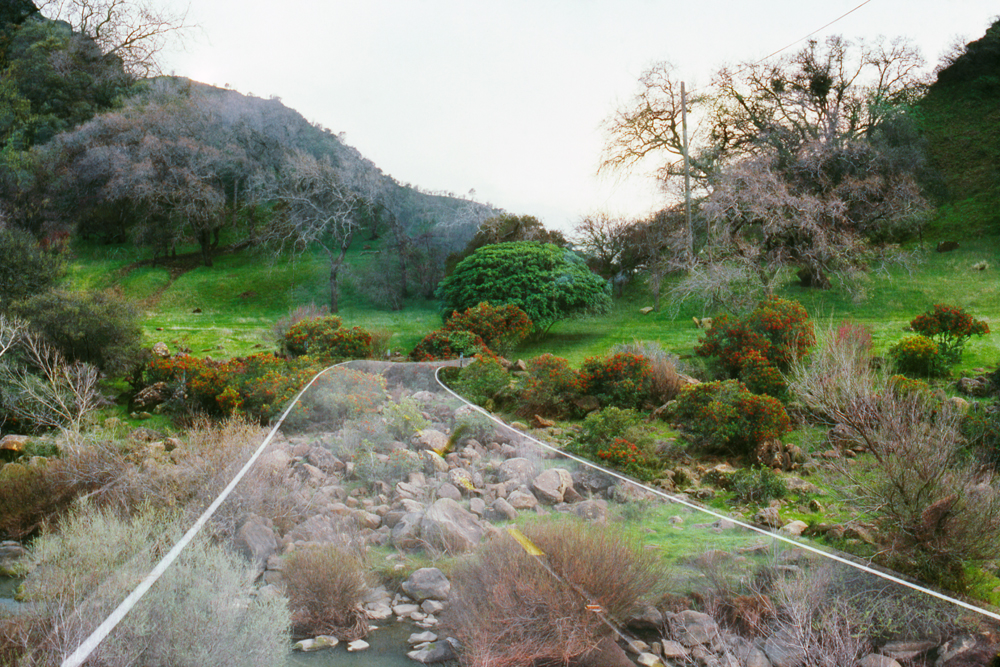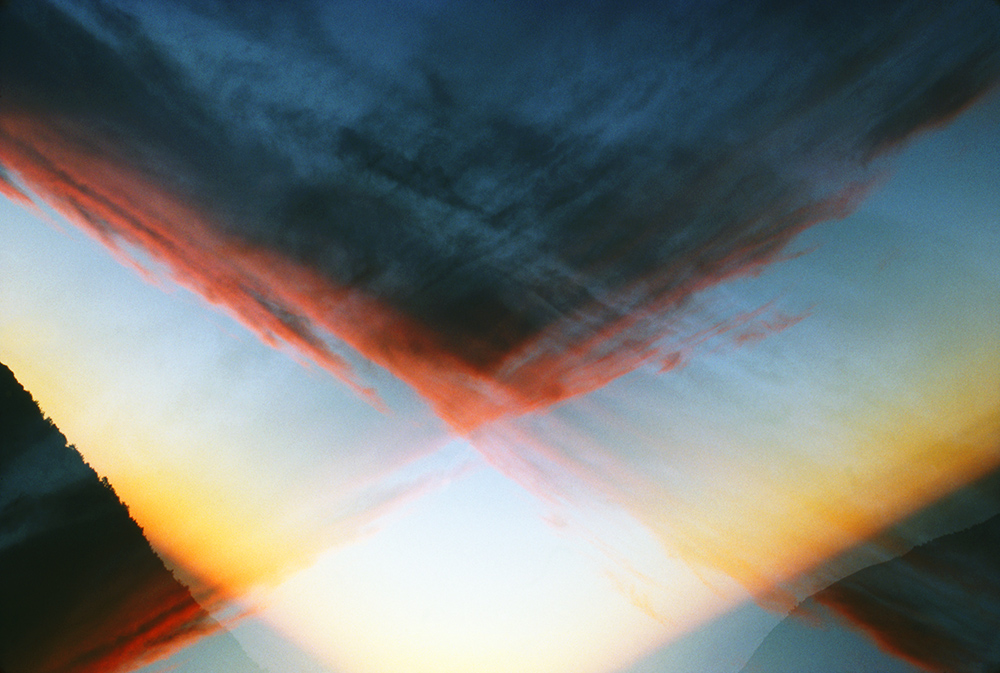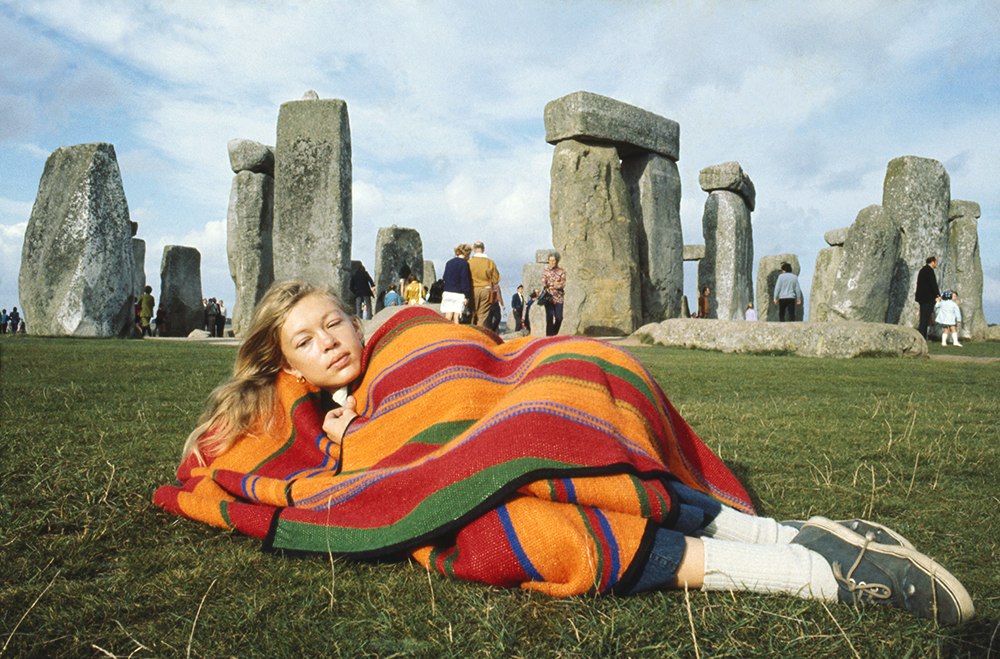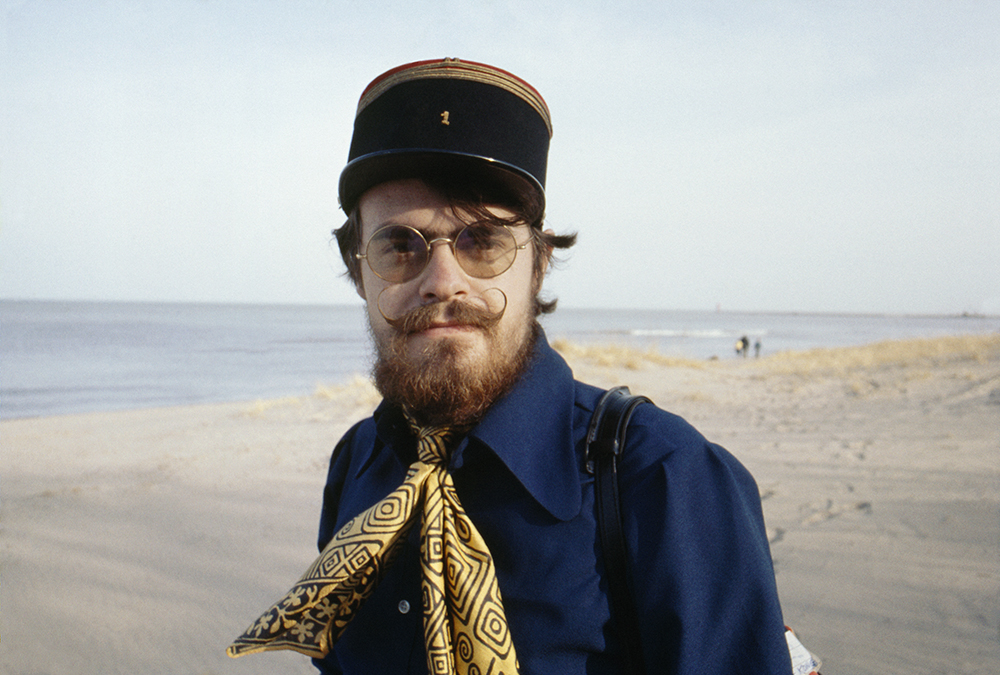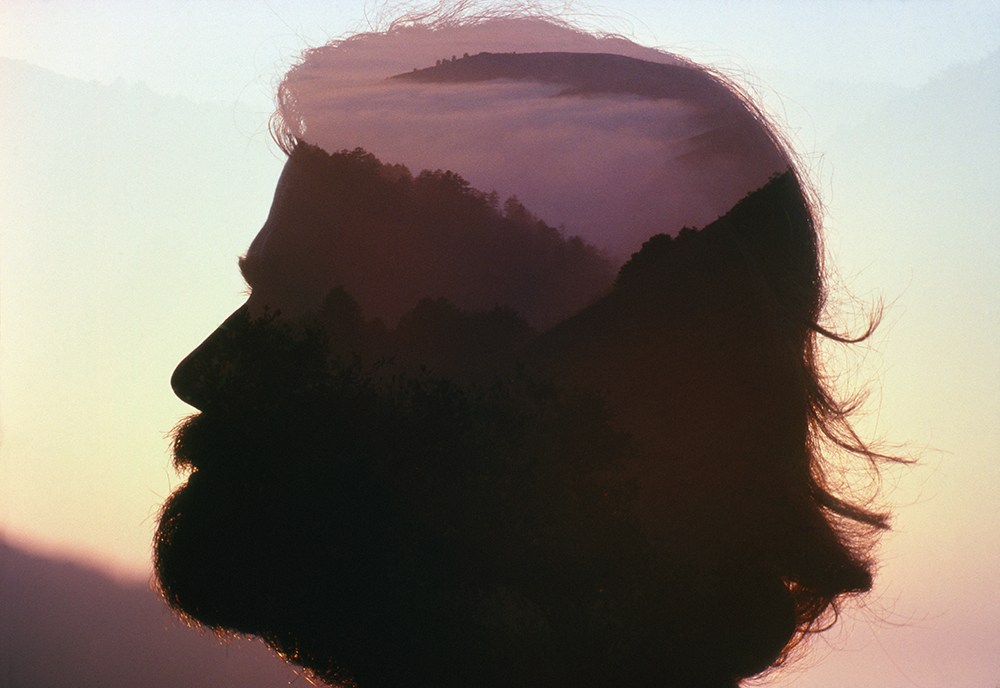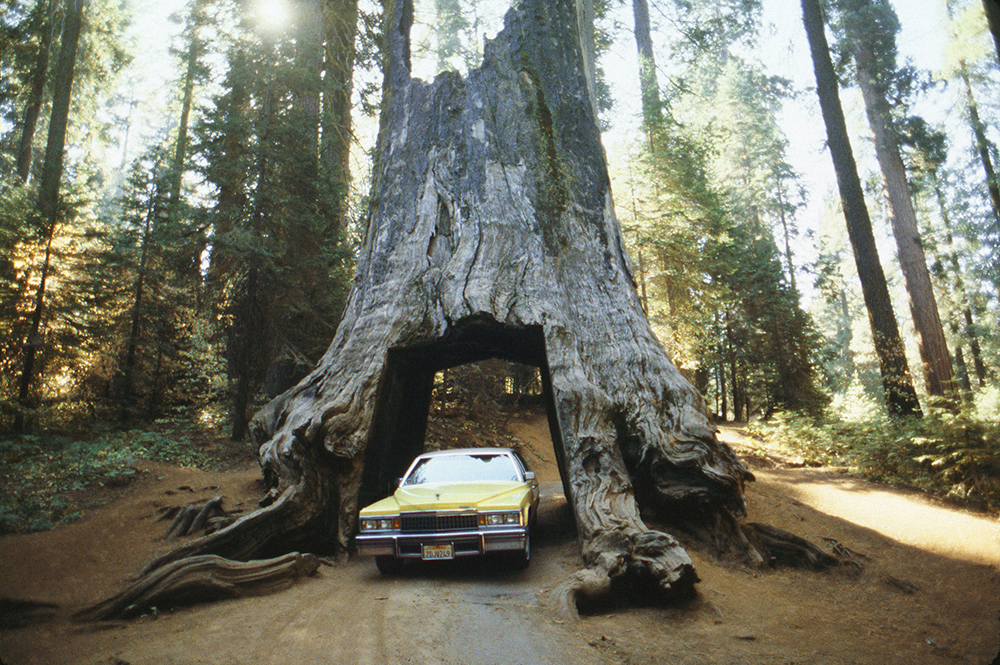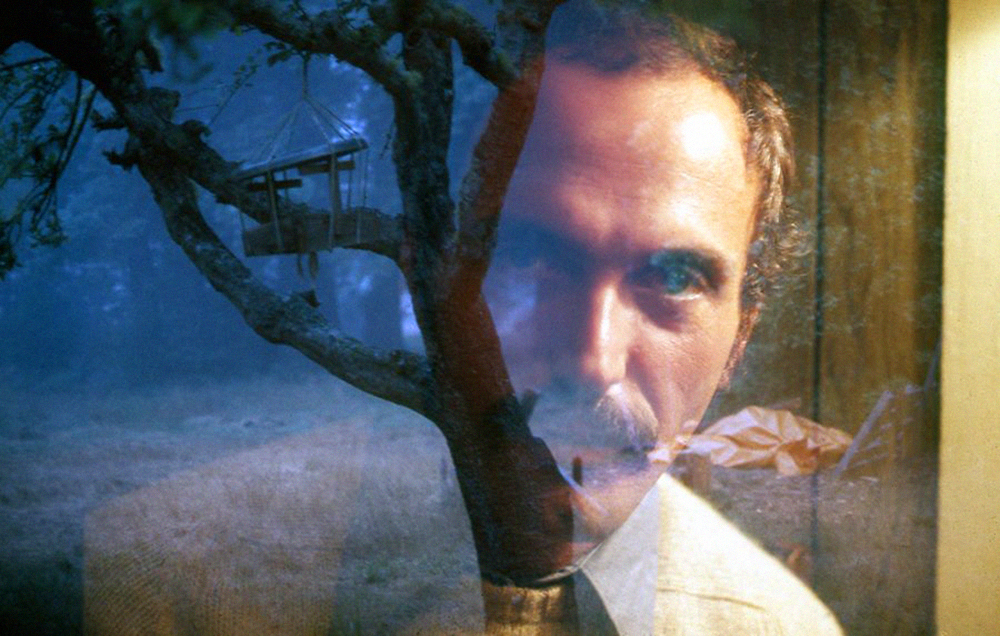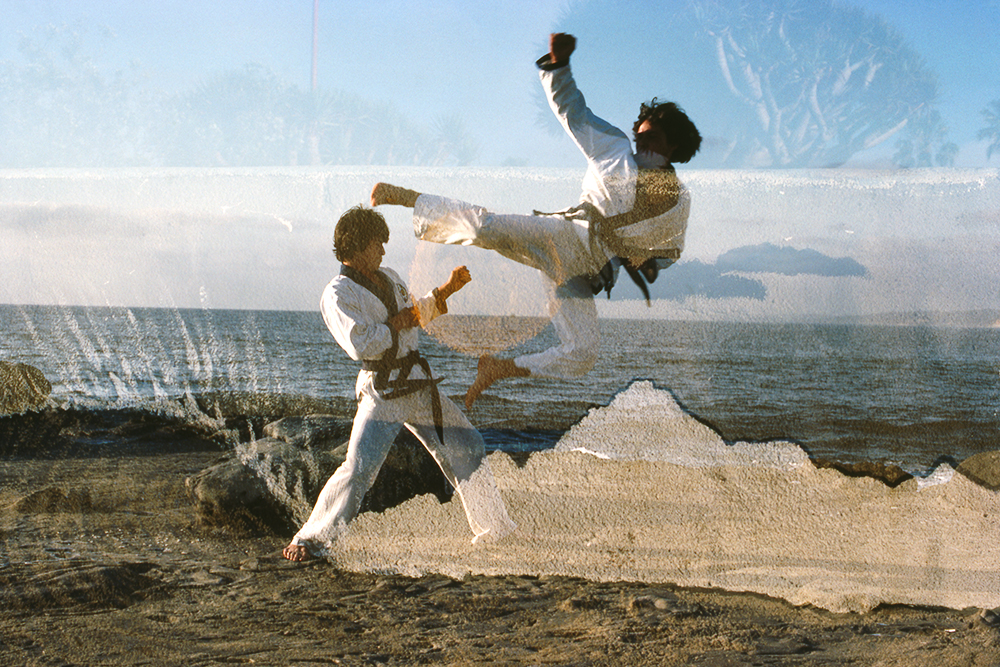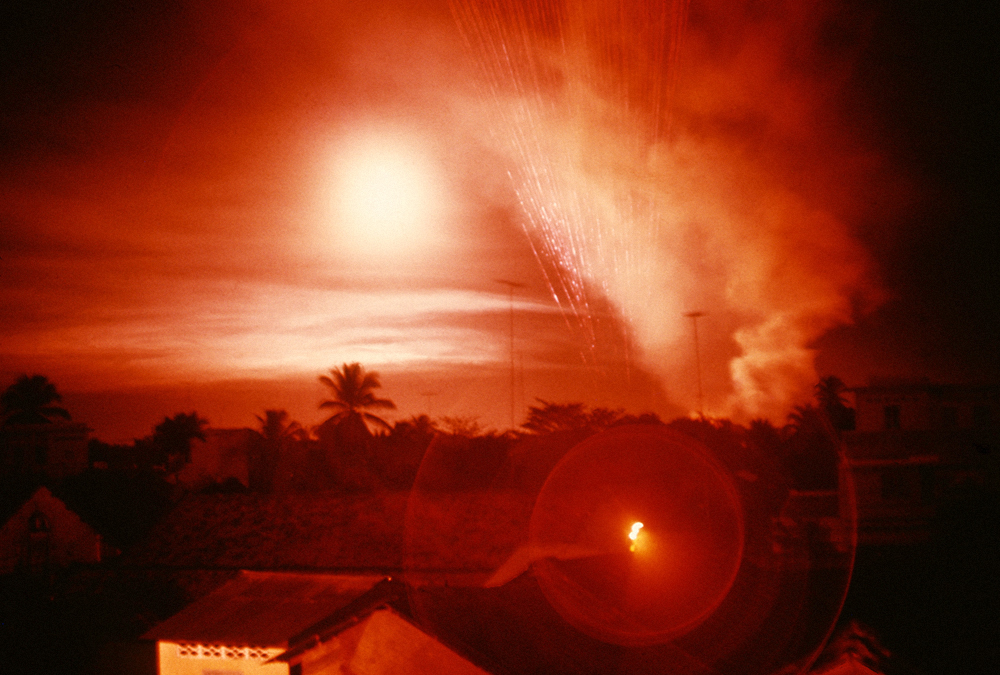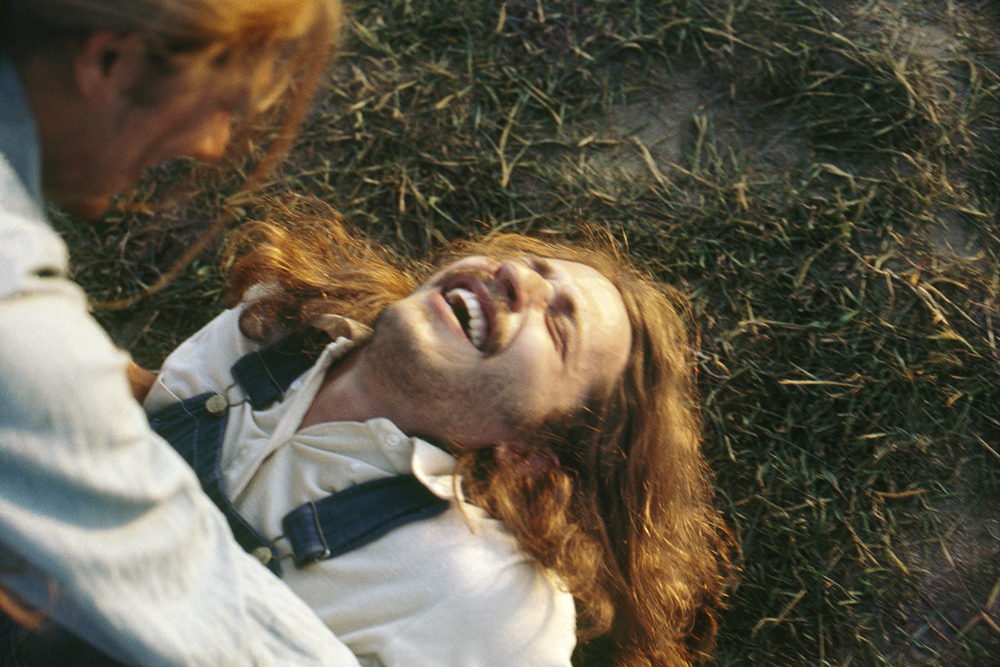THE FAMILY ACID
Animals talks history, art and psychedelic journeys with Kate Steffens of The Family Acid.
By Jessica Hundley
There is nothing quite like seeing the last 40 years through the eyes of someone who has always seen the world as it should be seen – a spinning ball of chaos – containing the beautiful, the transformational, the hilarious, the daring…and the strange.
Roger Steffens is a Psych Op Vietnam vet, photojournalist and scholar, foremost archivist and collector of reggae ephemera, a voice actor, DJ and enlightened documentarian who had the foresight to capture over 40,000 images from a life which continues to be well and thoroughly lived. His friends are the likes of Tim Leary and Hunter S. Thompson, his travels are through Vietnam, the US, and his beloved Jamaica. His world is music and experimentation, exploration and countercultural questioning and family too.
His children, Kate and Devon – sorted through a vast array of their father’s images, a filing cabinet documenting his and their and others lives and were wise enough to share this colorful history in a modern manner, through an Instagram feed @thefamilyacid- a selective curation of their adventures, a feed which documents everything true and good and soulful about the last four decades and helps to remind us all of what is more important - art and nature and adventure and sharing those experiences with the people we learn from… and love.
So follow the feed. Purchase prints. And buy the book, http://thesun.solar/the-family-acid.
We're currently living in an age when people document every facet of their lives, which wasn't the case when your dad started photographing. What compelled your father to first pick up the camera and what made these moments he chose to document so significant for him?
My dad always took photographs, but only really started documenting his life when he was drafted into the Vietnam War. Dad’s IQ and typing speed saved him from being sent to frontline combat, and instead he ended up in Psychological Operations. He founded a refugee campaign, for which he was awarded a bronze star, and his commanding officer ordered him to document all his projects, so he had free film and developing for the next two years. This began a lifelong love of photography. I asked him to elaborate a little more: ‘I was a frustrated artist with no talent and picking up a camera gave me a chance to try to create something beautiful. My life was surrounded by incredible people and I wanted to document it. Like the beautiful mural on Sunset Blvd. says “Today is tomorrow’s story”.
When archiving, how do you select the images you share on the Instagram feed?
I have all of our scans stored on my laptop, and my curation of dad’s images for our Instagram feed is very whim-based. I used to DJ, and I think about curation the same way I think about creating a great mix, making sure the images flow and my choices have a visual rhythm to them. Sometimes I am having a hectic day and all I want to do is look at a magical double exposure from Big Sur, while other days Dad has told me a great story I really want to share, so I find a photo related to that story.
How did you select the images for the book and can you share any upcoming books/projects/events?
We selected the images for the book with our publisher. It was wonderful to have someone else’s eye looking at the photos and finding things of beauty in pictures we had previously dismissed. We will be at Paris Photo L.A. in May with a special print edition and a signing at the Printed Matter booth. We are going to do another book as well, this time about Vietnam and the Island of the Coconut Monk.
What are some of your own favorites of your father's images and why?
It’s funny, most of the photos I love are not the ones that garner the most attention on our feed. It causes me to second guess myself quite often! I love dad’s abstract shots of peeling paint or the sides of buildings, and any photos of his artist friends and their creations, from neon to fiber art.
You and your brother are archiving your own personal past- what was it like growing up with these adventures as part of your life?
My brother Devon and I didn’t think about it too much while growing up, it was normal to come home from school to a house full of African musicians, or American Indian Rastas. It is only in retrospect that we can see our upbringing as pretty unique and amazing. At the time, I think we both craved a more normal life, one similar to our friends.
Why do you think people are connecting so strongly right now to your family's archive?
I think people are desperate for authenticity, and living in the moment, especially during a time when technology has rendered that more difficult that ever. The 1970s were probably the last time it was possible to live very cheaply as an artist, and I think there is a nostalgia and hunger for that time and lifestyle. It is our hope that people are continually inspired by dad’s openness, adventurous spirit and archiving skills.

